Stress and Addiction
In the documentary «Heal» (2017), they show that 90% of what causes people to go to the doctor are stress-related illnesses. People have three main types of stress:
- Physical stress such as accidents, wounds, trauma and falls.
- Chemical stress caused by bacteria, viruses, hormone imbalances, blood sugar levels, environmental toxins and drug use.
- Emotional stress associated with family tragedies, loss, working conditions, finances.
All three of these types of stress shake our brains out of balance. Stress is a strong factor in relation to health and mental health.
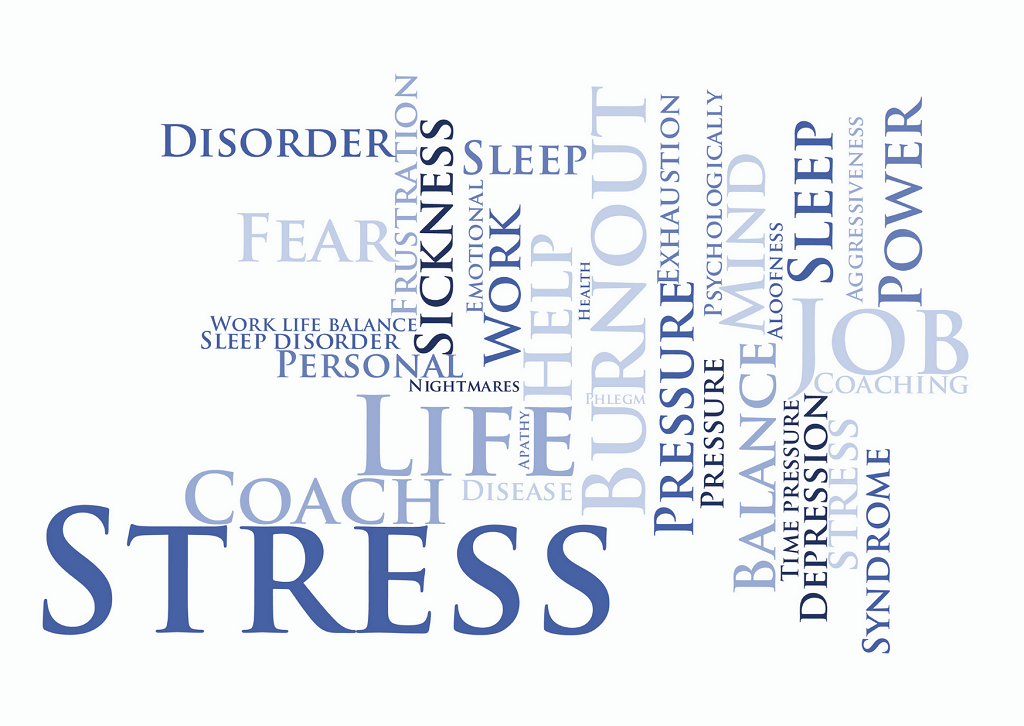
Doctor Gabor Maté points out that the greatest inner stress people carry is the stress associated with the emotional, where the stress of trying to be someone other than who we are reigns supreme. From an early age, we begin to suppress our authentic selves, our emotions, and who we are in order to adapt to the family system. The result will often later in life be challenges related to our health. The way our body and physiology are built, several unfortunate experiences in childhood will multiply each other and give the risk of cancer, autoimmune diseases, mental / psychological diseases and various addictions. Not everyone who is traumatized develops an addiction, but everyone who has an addiction has been traumatized. Maté's definition of addiction is all behavior that gives you temporary relief and temporary pleasure, but which in the long run leads to harm and has some negative consequences, you still can not give up despite these negative consequences.
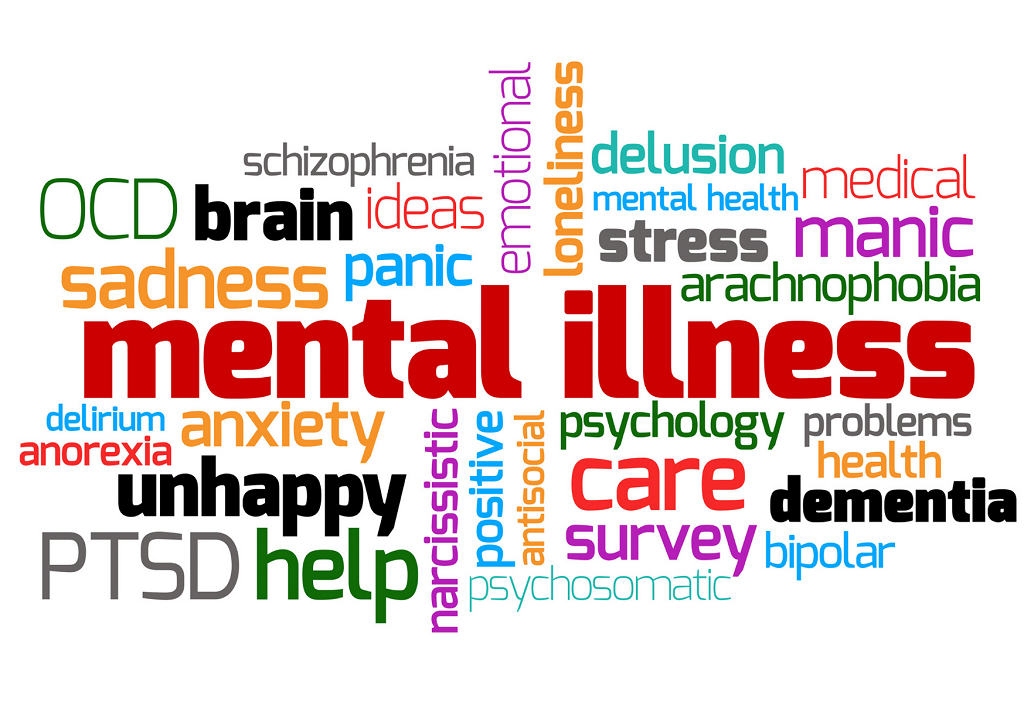

Being highly sensitive means that unfortunate experiences in childhood can more easily lead to overstimulation, stress and overwhelming emotions. The nervous system is more sensitive and is more receptive to impressions, and the brain processes all information in a deeper way. Highly sensitive people who do not know how they are affected in everyday life do not understand why they are easily overstimulated, have internal stress and become tired. Being aware of and taking into account that you are highly sensitive can lead to an increased quality of life and better health.
Often alcohol abuse and drug abuse are what we associate with addictions. There are many types of addictions, and I myself developed an addiction as a coping strategy to the experiences I had faced over time. At the age of 13, I developed anorexia. It is known that anorexia is about a poor self-image and low self-worth. In my experience, anorexia provides a sense of mastery by gaining control of something in an otherwise chaotic life. When we feel that life is unpredictable and beyond our control, we can restore a sense of our body by regulating our food intake. Anorexia is a coping strategy to face severe emotional losses, rejection, feelings of powerlessness, helplessness and lack of control. When we then control the food we put into our bodies, we tell ourselves that there is at least one area we have control over. The coping strategy of anorexia always has a relationship challenge attached to it. Anorexia is an accumulation of anger that has been repressed, and this anger is taken out on one's own self. I blamed myself for the losses I experienced and couldn't fix. Maté shows in her book "When the body says no" that it is often the relationship between the child and the mother that causes the strongest anger. I must emphasize that this is not about blaming mothers. In the Health Bible, I explain how we are all products of experiences from the very beginning of our lives. Most of the learning we give our children is often unconscious. In my experience, those who develop the disease of anorexia are often particularly sensitive people or empaths.


In the fall of 2019, Lene Marie Fossum died at the age of 33. She died of cardiac arrest after 23 years of anorexia. At the age of 10, she developed anorexia and went in and out of the help system without any improvement in her anorexia addiction. Lene Marie herself described the disease as a Nazi regime in her own body and as a slow suicide. She was a very reflective and deep young woman who found that the inner turmoil and pain was reduced if she did not eat. I have seen the documentary "Self-Portrait" by Lene Marie, which tells the story of a young woman with wonderful human qualities, even though her mind was characterized by a lot of inner turmoil and worries. "Self-Portrait" is the deepest and most emotionally painful documentary I have ever seen, although some have described and criticized it for romanticizing the cruel disease of anorexia. The critics felt that the documentary was romanticized because it is the beautiful human being Lene Marie who stands out most in the story, while her prolonged suffering where she ends up starving herself to death is subordinated.
Lene Marie had an unusual depth to her and my impression from the documentary was that she met people on a soul level and saw behind masks and facades. My interpretation is that the strong self-hatred that was expressed through her thoughts covered up access to the greatness and signature strengths she had within herself. Lene Marie was unique and had a great talent in art and photography. The depth of her images and her self-portraits have moved many people to tears. Through her self-portraits where she portrays her own pain and suffering, she touches the pain we can all feel when we take in the depth of this. People can get in touch with their own pain and tears in the face of the pain and suffering of others. Anorexia is the third most common cause of death for young women in Europe, and eating disorders are the most deadly mental illness. In my experience, in 2020, many professional practitioners still do not understand the depth of this emotional and self-destructive illness.
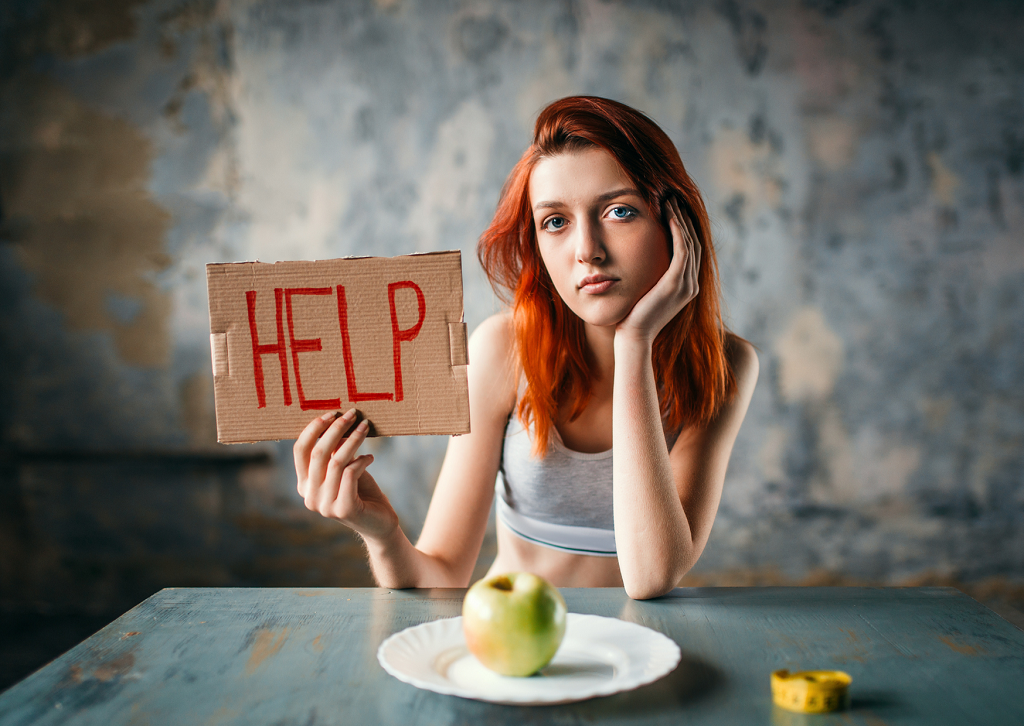

For my own part, I was two years in the violence of anorexia, two years where I was emaciated and weak. To improve my own situation, I advanced to a new strategy to master and survive life; bulimia. Bulimia is also a form of addiction similar to other types of addiction. Like anorexia, bulimia also provides an experience of immediate relief. When you throw up the food, you also throw off tensions in the body, with the result that you experience temporary relief and relaxation. The focus is shifting from being overwhelmed and stressed, to pleasure and relaxation in the moment. The bulimic continues to practice this, despite acknowledging the negative consequences. If man in his early childhood has experiences that result in a lack of connection to his authentic self, a reaction pattern can be various forms of addictive behavior. Addiction therefore becomes a form of coping strategy which is mainly about a perceived separation from one's own inner essence. We suffer because our authentic selves cannot be expressed in the environment. All people need connection and belonging. Suffering occurs when our authentic self cannot manifest in our lives.
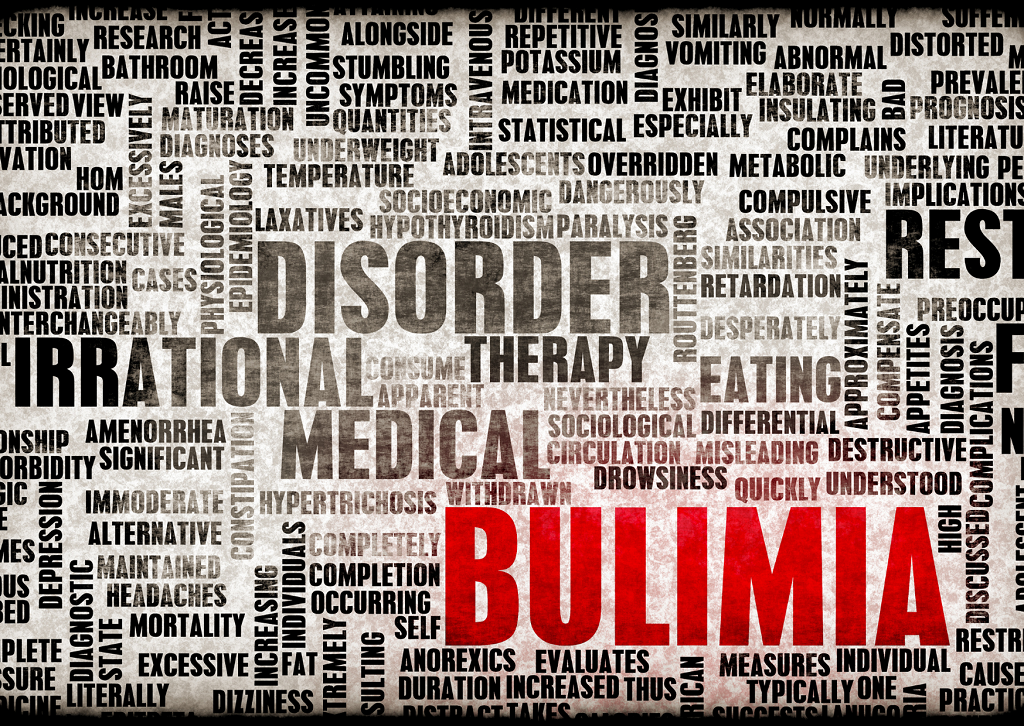

Some may respond that I use coping and survival strategies when writing about addictions and dysfunctional behaviors. Many of our dysfunctional behaviors are precisely a survival strategy and mastery of the moment to avoid feeling the emotional wounds and losses created in us. When the body and mind do not undergo emotional loss and experiences, strategies are used as compensation and avoidance. When we repeat an addiction often enough, we find it easy to identify with that addiction, and believe that it is who we are. In the health bible, I show how we as children learn coping and survival strategies that can develop into illness, diagnosis and addiction.
Many people with anxiety and depression experience that antidepressants or drugs give them an inner experience of relief and security so that they can be in different social situations. Lene Marie said that anorexia gave her security when everything else was experienced as unsafe. These thoughts were recognizable to me. I experienced that the eating disorder represented a temporary relief and escape from feeling the inner chaos, stress, pressure and all the inadequacies in meeting other people. The soreness and the fears other people carried, and I took in, became too painful to bear. I needed a break from feeling this. Addiction must therefore be seen as a normal response, when the person is facing an abnormal environment. Despite the fact that addiction in response creates problems for ourselves, and it is unfortunate, it is still the mechanism that we humans most easily resort to when we are confronted with abnormal settings. Maté claims that addiction has physiological, emotional, social, relational, cultural and spiritual factors, and that all of these interact with each other and are related to each other. Fundamentally in all addiction, there is a significant emotional and mental pain. Addiction is always an escape from escaping pain based on life experiences, when we feel vulnerable, helpless and small. For me, bulimia was the breathing space that made me feel good, without taking in my own thinking noise and other people's stress.
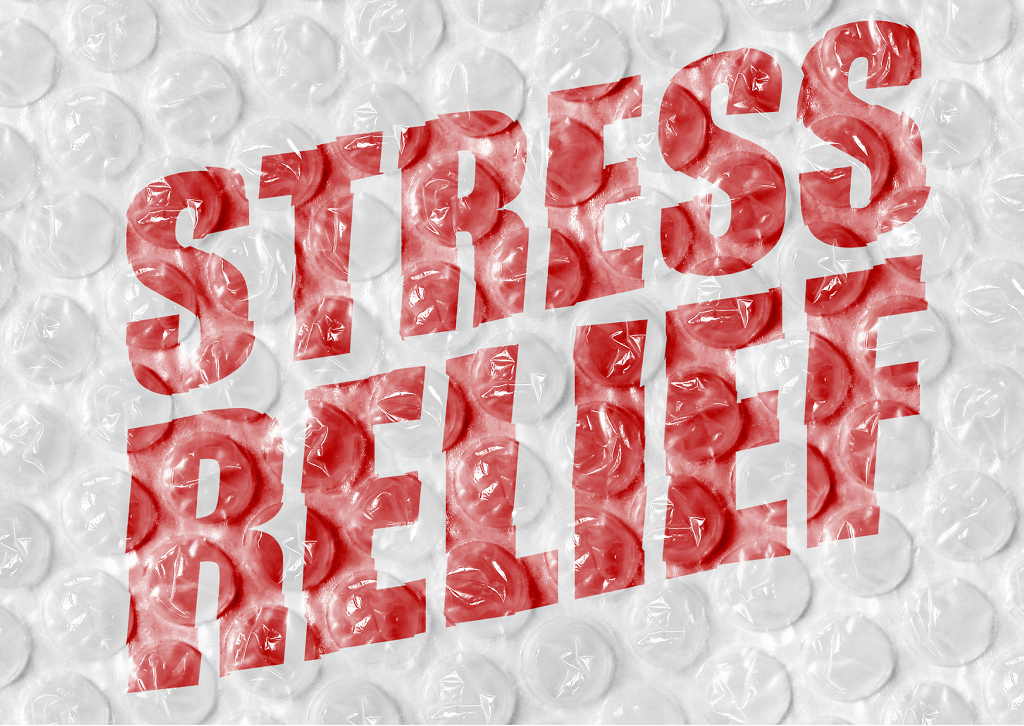

Today we can see that more and more young people are becoming addicted to social media and technology that steals a lot of attention and time. What was relevant for Aleksander was that he fled into the digital world when the outside life reflected challenging situations. He experienced great mastery in several digital and online games, and this became his escape and addiction when situations piled up from the external environment. This greatly affected his sleep rhythm. After spending a lot of time online games, this gave him the truth that one of his biggest problems was difficulty sleeping. He became very focused on the fact that he was often tired and really struggling to sleep. The inactivity behind a screen with only mental stimuli developed into a sleep problem. I have talked to several young people who point out that they have a sleep problem. My experience in relation to this is that a lot of screen time directly affects our sleep pattern.
There is often an addiction associated with social media. As the world is today, much of the programming of our minds takes place through social media. Children get younger and younger when they get their own mobile phone, iPad and PC. Parents lose track of what their children really take in from social media. Today we can find absolutely everything on the internet. Most often, children are not good at filtering what they take in, and much of what we see from the internet becomes part of our programming. An illustrative example for reflection; A young girl at the age of 16 began to struggle with extreme nightmares. The main reason turned out to be from a period in the age of 12 - 14 when she watched many series and movies where the favorite theme was horror and horror. A couple of years later, she did not realize that her life had collapsed in many ways and caught up with her because her subconscious mind had taken in a lot of bad programming from the series she had seen. We think that we can distinguish between fiction and reality when we watch TV, movies and are on the internet, but our subconscious mind does not always manage that. Absolutely everything we look at and feed ourselves with we store.
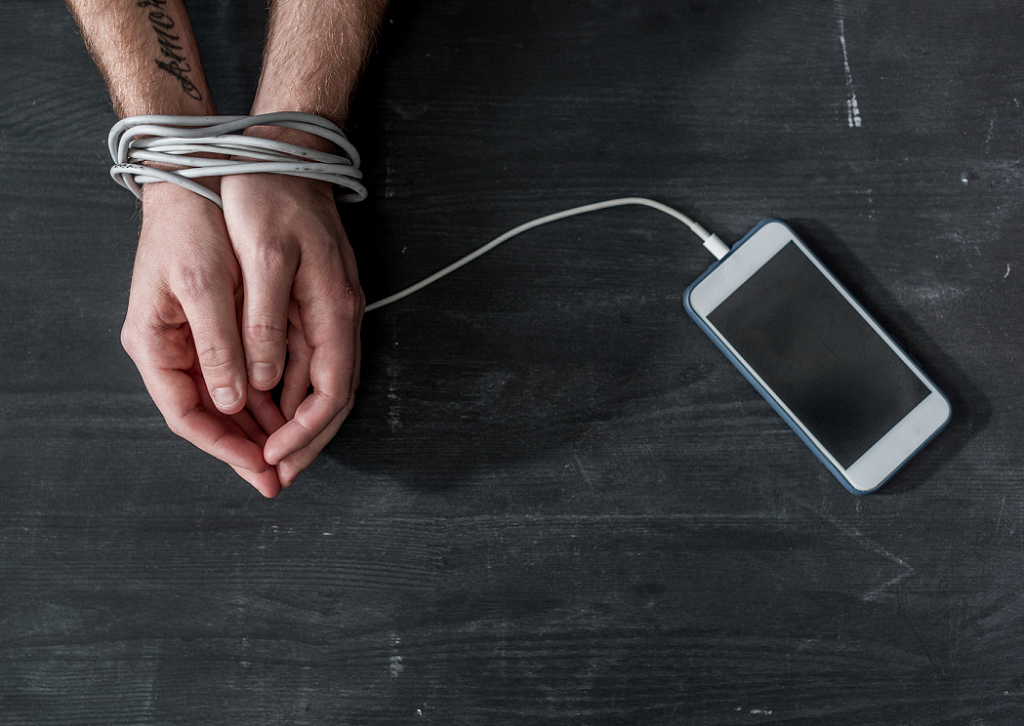

No matter what type of addiction takes control of us, it refers to inner pain and wounds that have not been treated. Addictions are an expression that we as human beings are looking for freedom from what we are in. We want to get a respite and a relief from the condition we are in. We can see addiction as a creative adaptation to life. Those who struggle with suicidal thoughts are looking for a freedom from the inner state that is perceived as unbearable and painful. The addiction where Norway reigns supreme is about pornography. Norway is at the top of the world in the use of porn. This tells us that even in the world's richest countries we find a lot of unprocessed soreness.



